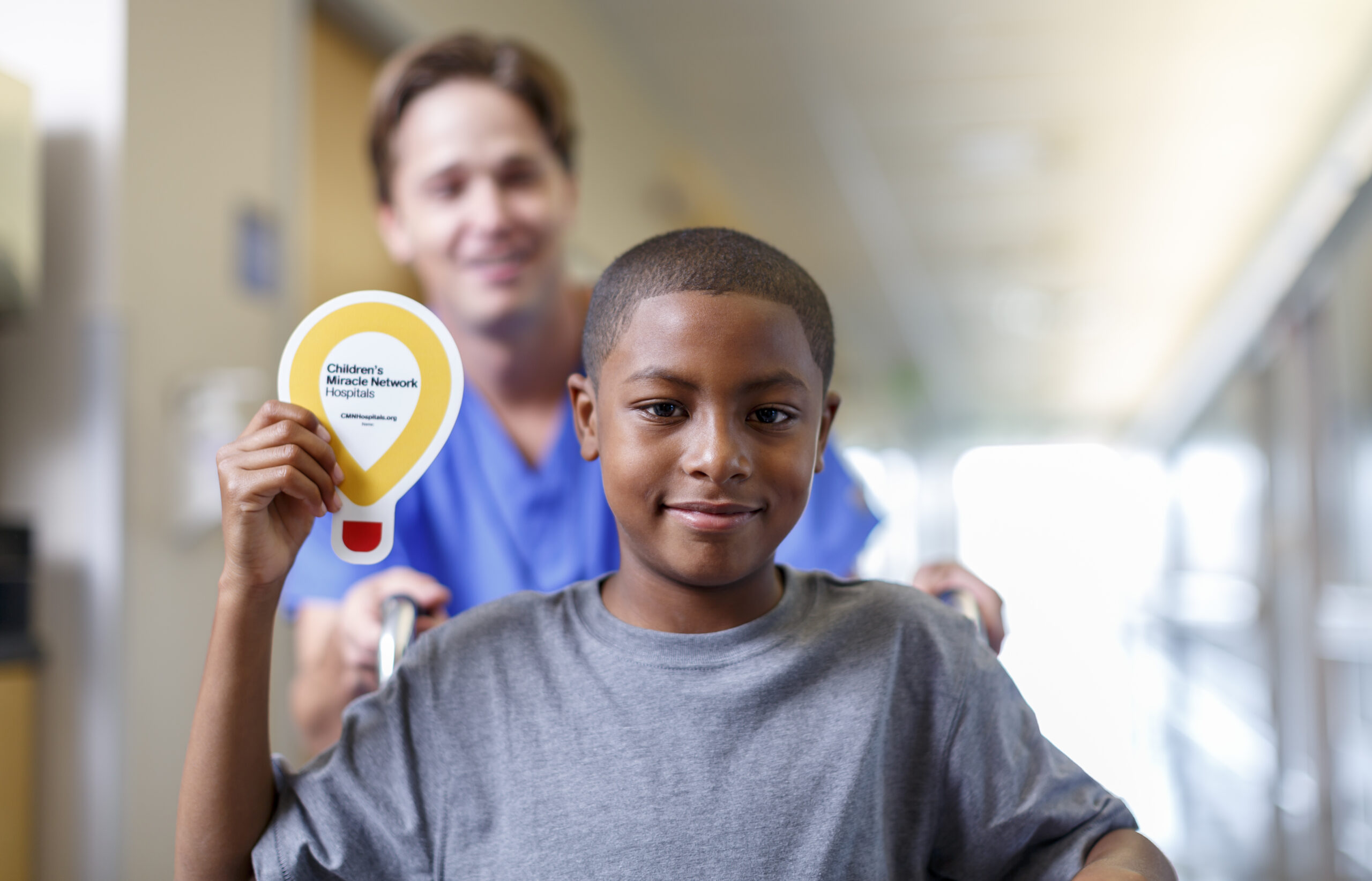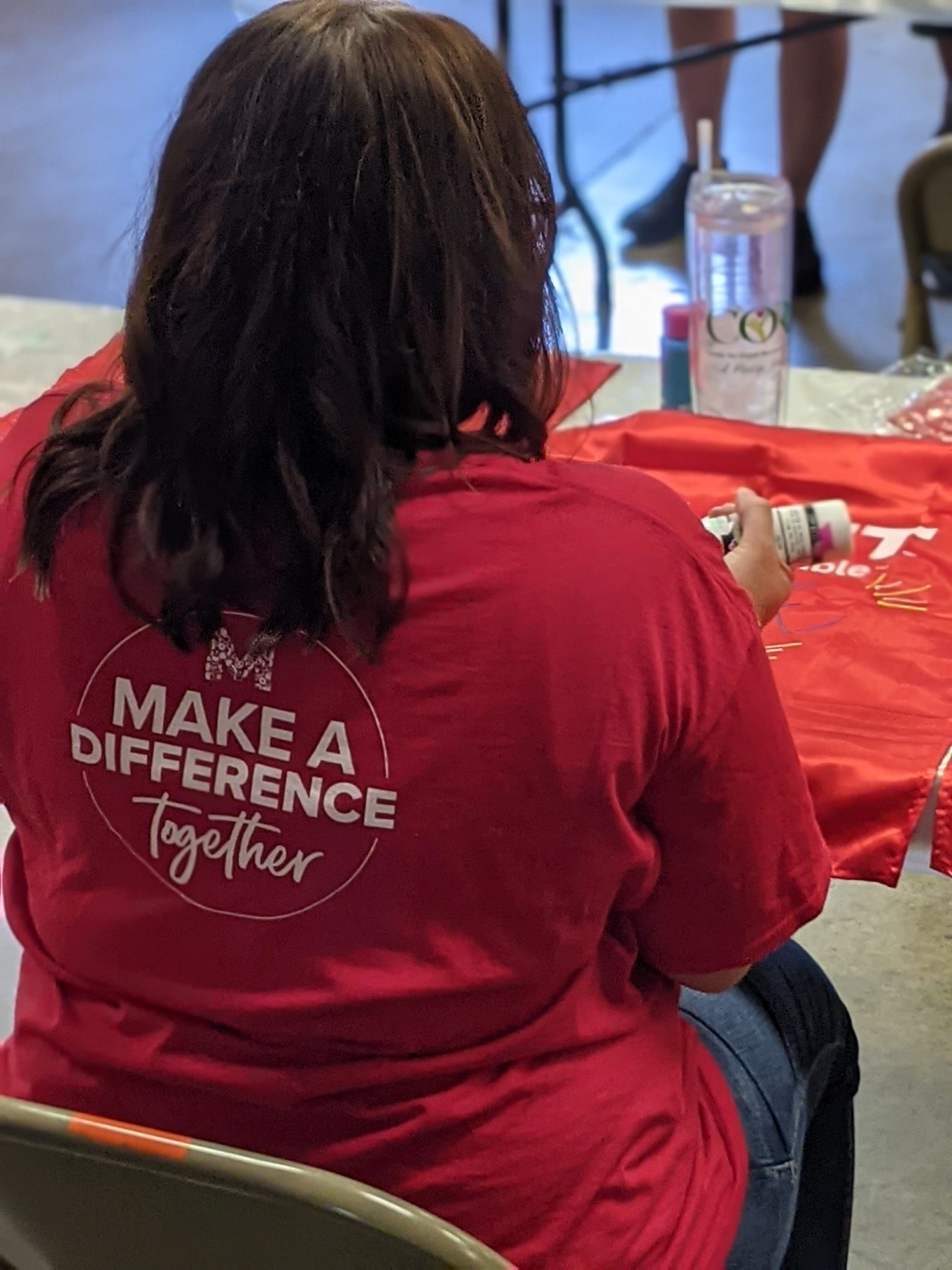What if your child is the bully?
Bullying has been thrust into the spotlight in recent years as cases both in and out of school have spread from social media to mainstream media. These stories are difficult to hear; no parent wants to believe that her child is being bullied by a classmate or peer.
But what if your child is the bully?
Bullying is characterized by repeated, unwanted aggressive behavior. In children, it often starts when they’re very young.
“It’s normal for every child to have a hard time sharing with other children, and it’s common for every child to get into fights with other kids,” said Paul Kettlewell, Ph.D., a Geisinger pediatric psychologist who served on the Pennsylvania Advisory Committee on Violence Prevention. “But that can turn into bullying if he doesn’t learn how to control that behavior over time.”
Finding out from your child’s school, or other parents, that your child is a bully is difficult. However, it should ways be taken seriously. Here’s what you should do.
Get to the bottom of it. If you found out about the bullying from a school official or another parent, it’s important to keep calm and try not to get defensive. First, thank them for letting you know. Then, get as many details as you can about the incidents. It might be helpful to take notes during this difficult conversation so you can process the information before you discuss it with your child.
Get the facts from your child. The way you handle your child’s aggressive behavior can affect his reaction, so it’s important to approach the issue without judgment. Let your child know that you heard they might be bullying another child and ask for their side of the story. Avoiding an accusatory tone can calm their fears and allow you to get more detail from them.
Importantly, you should also ask your child about the role other kids played in the situation. For example, your child might have endured bullying himself.
Support your child. During your child’s account of bullying and in response to it, it’s important for parents to let their child know that they will help them get through it. “Let them know that the behavior they have exhibited repeatedly is wrong, and try to help them see it from another perspective,” said Dr. Kettlewell.
After your child has an understanding of what he did wrong, he should apologize for his behavior — making a positive out of a negative situation.
Get help. Whether the bullying incidents happened at school or not, turning to a counselor can help you get to the root problem and prevent bullying from happening again. A family doctor or pediatrician can also be a resource.
“Kids sometimes bully because they are trying to fit in. Other times it’s because something has happened at home,” said Dr. Kettlewell. “Finding out what’s behind the bullying can help you stop it in its tracks.”
As a parent, you should also help your child by leading by example and teaching him about being respectful and empathetic toward others.
Not every instance of bullying is witnessed by teachers, parents, counselors or principals, and some bullying now takes place online. Kids who are being bullied are also often reluctant to tell an adult, so it’s important to learn the signs of a bully.
These signs include aggressive behavior towards other kids and adults, difficulty following rules or no regard for other people’s feelings. Some kids who bully struggle to fit in with their classmates and peers. Bullies also sometimes suffer from poor academic performance.






